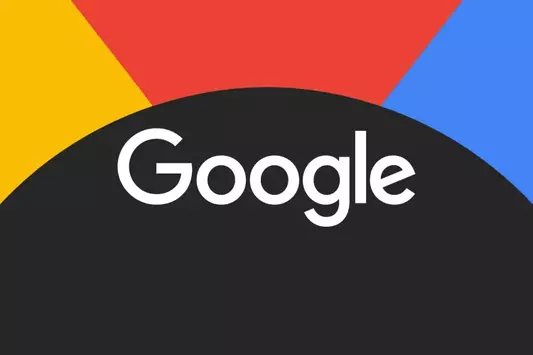
Wondering why Google is paying a massive $1.375 billion settlement to Texas? The answer lies in how the tech giant allegedly mishandled user data, including sensitive information like geolocation, incognito search activities, and biometric identifiers. This landmark agreement, announced by Texas Attorney General Ken Paxton, marks the largest privacy-related settlement by a single state against Google. For users concerned about online privacy, data protection, and the security of personal information, this development highlights why protecting digital footprints is more crucial than ever.
Texas originally filed two lawsuits against Google in 2022, accusing the company of unlawfully collecting and tracking users' private data. The claims centered around the improper handling of users' geolocation data, unauthorized tracking during incognito browsing, and the misuse of biometric identifiers such as facial recognition data. According to Texas officials, Google's actions breached consumer privacy laws and deceived users about the extent of data collection.
Before this settlement, no individual state had ever secured a data privacy payout from Google larger than $93 million. The historic $1.375 billion agreement now sets a powerful precedent for future tech industry regulations and privacy protection cases.
In response to the settlement, Google emphasized that the claims pertain to outdated practices that have already been addressed. “This settles a raft of old claims, many of which have already been resolved elsewhere, concerning product policies we have long since changed,” said Google spokesperson José Castañeda. The company added that it remains committed to enhancing its privacy controls, building stronger safeguards into services like Google Maps, Google Search, and Google Photos.
Privacy experts note that this case sends a strong signal to tech companies: transparency, consent, and compliance with privacy laws are non-negotiable. For users and advertisers alike, greater privacy protections can increase trust and confidence when engaging with digital platforms.
This isn't the first time major tech players have faced steep fines over privacy violations. In 2022, Google agreed to pay $391.5 million to 40 U.S. states over allegations of location tracking without proper user consent. Similarly, Meta, the parent company of Facebook and Instagram, finalized a $1.4 billion settlement with Texas last year over facial recognition technology and photo tagging practices.
As privacy regulation ramps up across the U.S. and globally, large settlements like these are becoming more common. They often lead to stricter policies, better data management practices, and improved user consent protocols across the tech industry.
For everyday users, Google's $1.375 billion settlement with Texas underscores the growing importance of understanding digital privacy rights. It raises critical questions about how companies handle user data, what transparency measures are in place, and how users can better protect their personal information.
Many digital privacy advocates encourage users to regularly review app permissions, enable two-factor authentication, and stay informed about how tech companies collect and use their data. Tools like VPNs, secure browsers, and private search engines are also gaining popularity among privacy-conscious users.
The Texas-Google settlement will likely fuel broader conversations about data privacy regulations, user consent, and the ethical responsibilities of tech giants. Policymakers are increasingly focused on creating stricter frameworks to hold companies accountable when they violate consumer trust.
For businesses reliant on digital advertising, user trust directly impacts brand loyalty and revenue streams. With high-value keywords like "data privacy settlement," "digital privacy protection," and "online user security" trending upward, expect advertisers and brands to emphasize stronger privacy measures in their messaging strategies.
𝗦𝗲𝗺𝗮𝘀𝗼𝗰𝗶𝗮𝗹 𝗶𝘀 𝘄𝗵𝗲𝗿𝗲 𝗿𝗲𝗮𝗹 𝗽𝗲𝗼𝗽𝗹𝗲 𝗰𝗼𝗻𝗻𝗲𝗰𝘁, 𝗴𝗿𝗼𝘄, 𝗮𝗻𝗱 𝗯𝗲𝗹𝗼𝗻𝗴. We’re more than just a social platform — from jobs and blogs to events and daily chats, we bring people and ideas together in one simple, meaningful space.